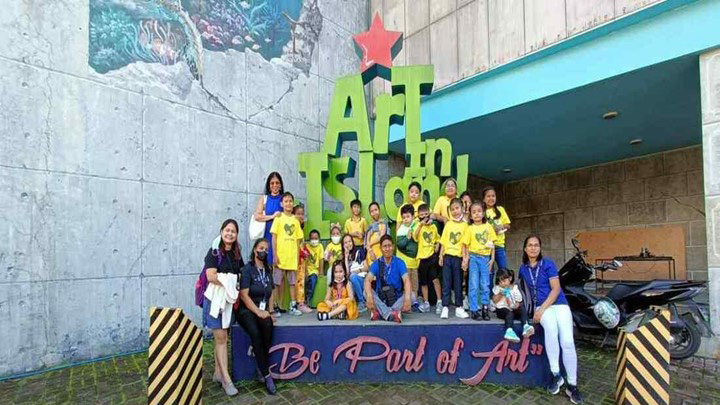Diseases, whether communicable or non-communicable, continue to be public health concerns. Cancer, a non-communicable disease, is listed among the leading causes of mortality in the country.
Cancer affects everyone regardless of age. One of the most common cancers in childhood is Acute Lymphoblastic Leukemia (ALL) affecting primarily children below ten years old. In developed countries, survival rates are higher than those in less developed countries.
According to Ms. Margo Mercado, Executive Director of Kapwa Ko Mahal Ko Foundation, back in the ‘80s, the survival rate in the Philippines was 20-30 percent. “But the actual rate for that is as high as 80-90 if you finish the treatment,” she added. When diagnosed early and treated promptly, ALL is curable.
To provide holistic support to children diagnosed with ALL, Kapwa Ko Mahal Ko launched the program Batang Kapwa (BK) in 1989.
The Batang Kapwa program provides financial and emotional support to empower young patients and their families to endure the challenges of treatment. Although the government has the Z benefit package for children with ALL thanks to the National Integrated Cancer Control Act, support is still needed by the patient’s family to sustain treatment.
Batang Kapwa helps families of children with ALL by subsidizing chemotherapy and related medical care; conducting group activities and counselling to the patients; providing guidance and counselling to parents and caregivers; giving educational support for children unable to attend school during treatment; and conducting awareness campaign to promote early detection of childhood cancer.
Mercado shared that during the treatment period, the children have activities together. Kapwa Ko Mahal Ko also holds Pamaskong Handog for the children. “In school, they’re the kids with cancer. Everybody treated them differently,” she added. This is not the case at Kapwa where they are regarded equally. “One of the things I ensure in Pamaskong Handog or [in] any activities, I let them be kids.”
Kapwa Ko Mahal Ko expanded the BK program last year. There is now the BK graduate. Mercado explained: “In the hospital, once your intervention is finished, you graduate. Once you graduate you need to process the trauma for the child and for the family. You need to teach them how to be a child again. You need to teach them how to dream again.”
“We’re there to guide but we’re also there to empower. We want them to get to a point where in they become productive members of society, that’s the direction we’re going with Kapwa towards the future,” she said.





